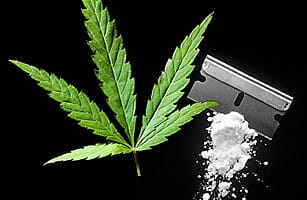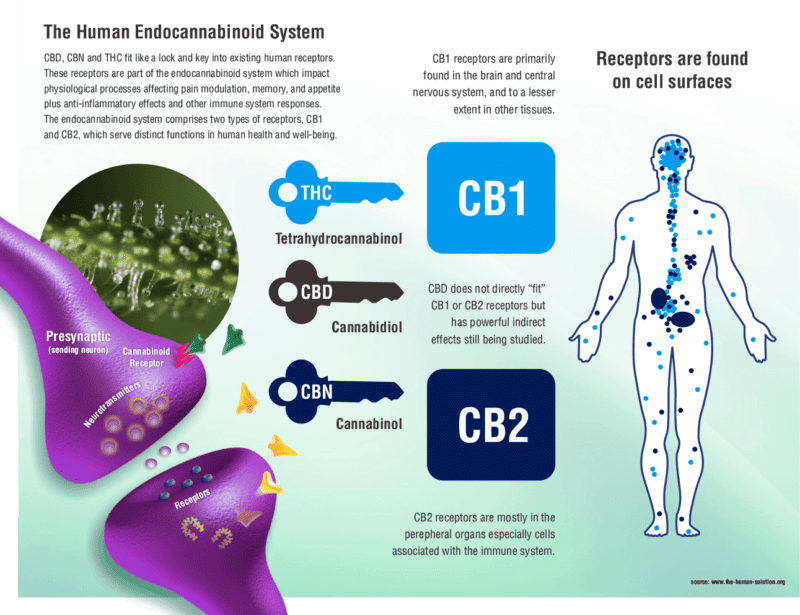Cannabinoid Research That Time Forgot
Timemagazine made a flawed, sensationalistic attempt at covering cannabinoid research in an article. The piece details the effects of a synthetic cannabinoid (called JWH-133) and its ability to deter cocaine addiction in an animal model by activating the CB2 receptor in the brain. The implications of this study imply that cannabinoids could be potentially used as an “exit” drug for cocaine users. ButTimeconfused the synthetic drug used in the study with a natural substance called cannabidiol or CBD.

Cannabinoid Receptors And Cocaine Addiction
Unfortunately, the seemingly good news about CB2 receptors and the treatment of cocaine addiction was overshadowed by a plethora of inaccurate scientific information.
Here are the three main points thatTimeforgot:
- CBD does not activate CB2 receptors at a reasonable concentration.This crucial information was published in 1996. In test-tube experiments, CBD can only activate the CB2 receptor at a concentration unachievable through any known or conventional route of administration. If, for instance, a patient had an IV hooked up to a vat of nearly pure CBD, then theremightbe enough CBD to affect receptor dynamics and thus lead to the activation of CB2 receptors. In short, CBD may be able to treat cocaine addiction, but not by acting through cannabinoid receptors.
- Dr. Gardner and his team (referred to in theTimearticle) looked at the effects of a synthetic cannabinoid, not actual CBD, in relation to cocaine addiction.To be clear: JWH-133 activates CB2 receptors while CBD does not. (It’s essential to note that more JWH compounds are becoming illegal each day. In the last few months, several JWH compounds have been listed as either Schedule 1 of the federalControlled Substances Act,placed on the DEA watch list or banned by new state laws.)
- Timemagazine glaringly overlooked the most relevant research done on the effects ofactual CBD (not a synthetic cannabinoid like JWH-133) and cocaine addictionby Raphael Mechoulam, one of the most noted Cannabis researchers in history. Dr. Mechoulam is credited as the first scientist to isolate THC as the primary ingredient inCannabisback in 1964 and he continues to produce groundbreaking cannabis research. His important 2004 study looked at CBD and cocaine addiction but the research cited byTimenever even mentions CBD.
The Need For More Cannabinoid Research
One of the most basic concepts in cannabinoid science is that THC activates CB1 and CB2 receptors, but CBDdoes notactivate CB1 and CB2 receptors. To refute this fundamental understanding of cannabinoid receptors is an insult to the scientific community and ultimately does more harm than good. As a scientist, this type of research is extremely complex andallnews organizations will need to do a better job when conveying information to the public.

